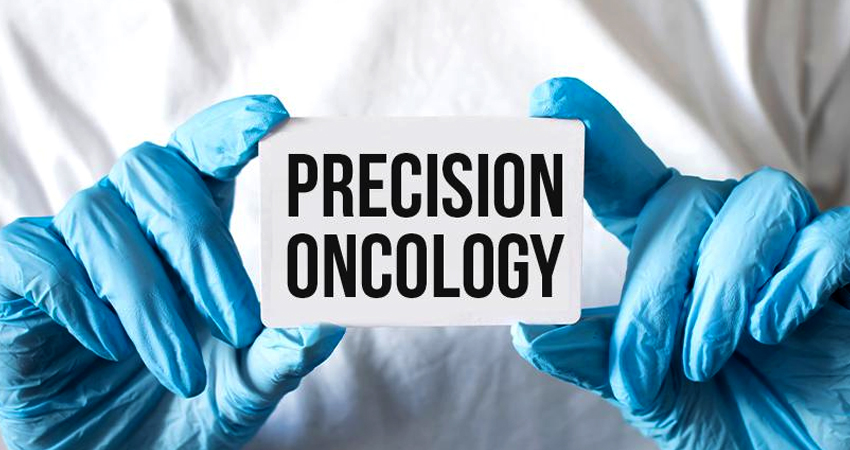
Precision Oncology
Precision oncology, also known as personalized or molecular oncology, is an approach to cancer treatment that tailors medical care to the individual characteristics of each patient and their specific tumor. The goal of precision oncology is to optimize treatment strategies based on the unique genetic, molecular, and other biological features of a person's cancer. This approach recognizes that not all cancers are the same, and patients with the same type of cancer may respond differently to treatment due to variations at the molecular level.
Key components of precision oncology include:
-
Genomic Profiling: This involves analyzing the genetic makeup of a tumor to identify specific genetic mutations, alterations, or biomarkers. Advances in technology, such as next-generation sequencing, have made it possible to rapidly and comprehensively analyze the genomic landscape of cancer cells.
-
Biomarker Identification: Biomarkers are specific molecules or characteristics that can be measured and indicate the presence or progression of a disease. In precision oncology, identifying biomarkers helps in selecting targeted therapies that are most likely to be effective for a particular patient.
-
Targeted Therapies: Based on the genomic and molecular profile of a tumor, targeted therapies can be selected. These therapies are designed to specifically target and interfere with the molecular mechanisms driving the growth and survival of cancer cells.
-
Immunotherapy: Precision oncology also encompasses the use of immunotherapy, which stimulates the body's immune system to recognize and attack cancer cells. Immunotherapy can be personalized based on the immune profile of the patient and the characteristics of the tumor.
-
Treatment Decision Support: Advanced data analysis and artificial intelligence tools are often used to interpret the complex molecular information obtained from genomic profiling. These tools assist oncologists in making informed decisions about the most appropriate treatment for a given patient.
Precision oncology has led to significant advancements in cancer care, allowing for more targeted and effective treatments with fewer side effects. By understanding the unique characteristics of a patient's cancer, healthcare professionals can choose therapies that are more likely to be successful and avoid treatments that may not be beneficial.



.png)
